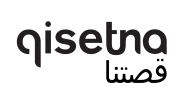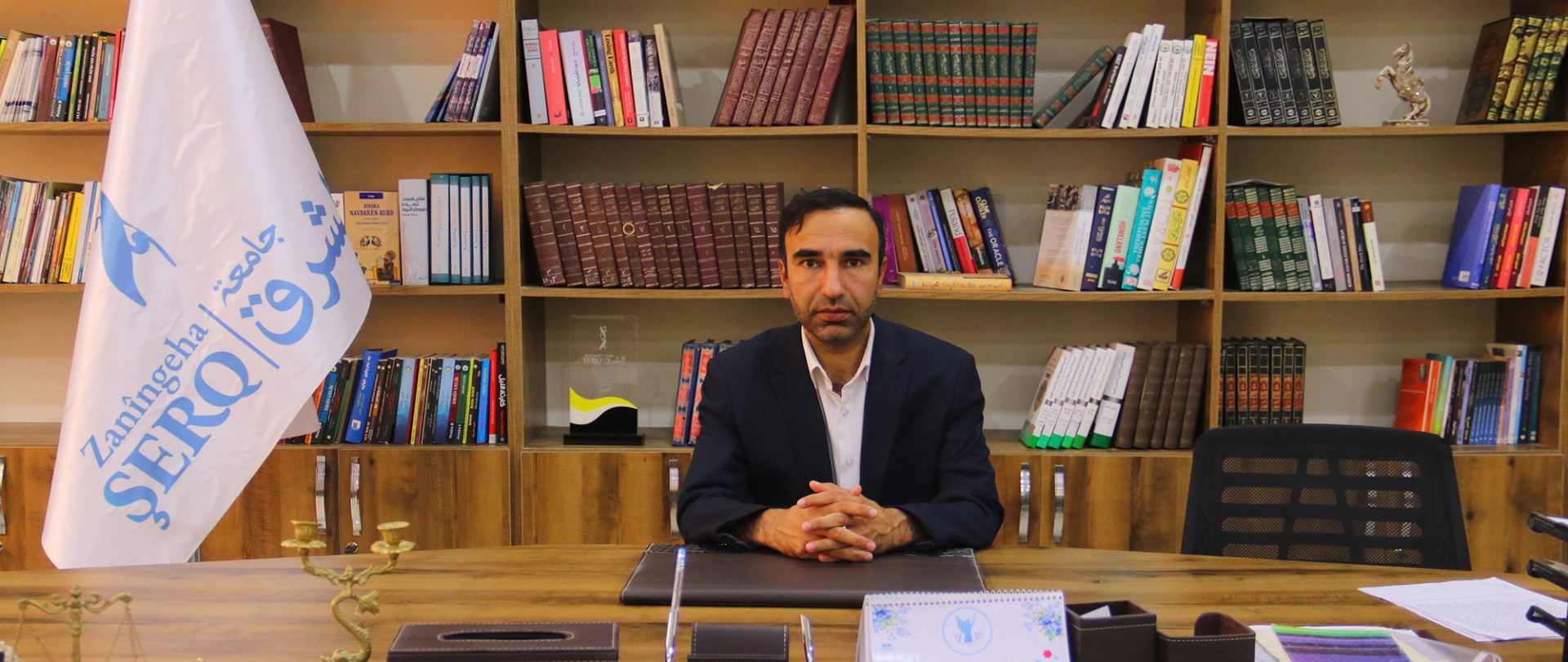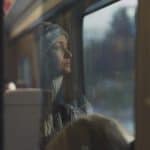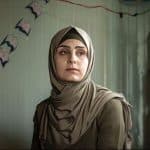Dr. Hasan al-Issa co-founded Al-Sharq University in Raqqa, northeastern Syria, in 2020. Inspired by Qisetna’s project Return to Tenderness, which seeks to preserve the artistic heritage of Raqqa, Dr. Issa organised the first International Conference for the Protection of Tangible and Intangible Cultural Heritage in 2023. The second conference will take place on the 17th of October 2024 in Raqqa. Dr. Issa sat down with Qisetna in May 2024 to discuss the university and his interest in providing masterclasses in the arts for the 2024/2025 academic year.
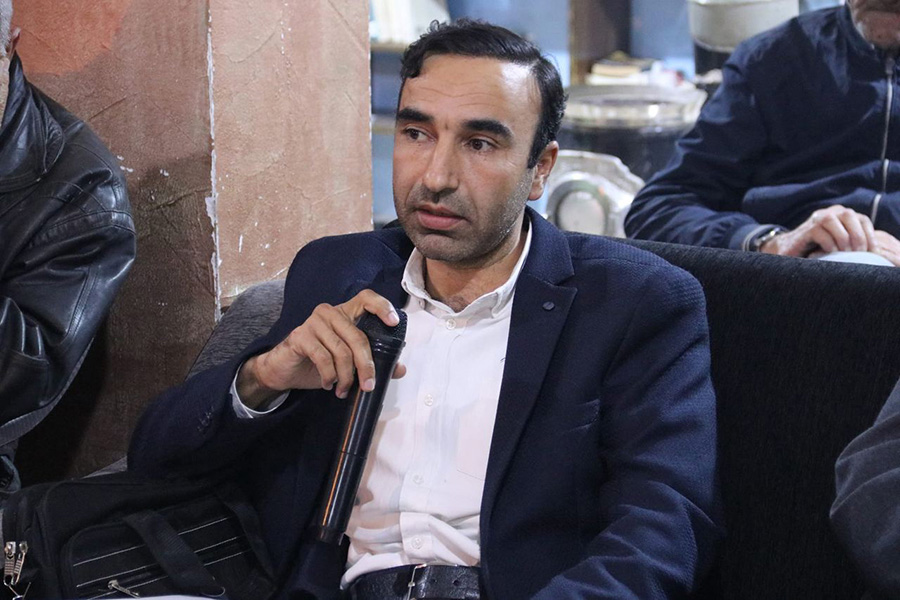
What made you want to expand on the goals of Return to Tenderness?
We have to go back a step if we want to talk about this. Establishing Al-Sharq University was supposed to give hope to the youth [in Raqqa] because they were hopeless. It was tough for us to establish this university – delivering information, giving experience and research. Our university’s aim is to reorganise and change the mindset of our society. After connecting the society [in Raqqa] to the university, we have decided to move internationally and within Syria’s northern and eastern regions.
To build trust, people need to first of all know themselves, their history, and their identities. And that’s what we did through the conference. We focused on two aspects – the legal and historical aspects – and we have left the economic aspect for the second conference. That’s why I am on a mission in Europe to find international players to participate, one of which is the British Museum, which I have just visited.
How successful have the historical and legal aspects been so far?
We have received positive feedback; participants have said it was really successful. We had many international participants and locals. Four communities participated – the Armenians, Kurds, Arabs and Assyrians – and another four attended, so eight communities in total. You may ask me, ‘Why didn’t all eight take part?’ The other four were scared to come to Raqqa and participate. But after they saw the first conference, they asked to be invited to the second conference.
You are now starting a new project regarding masterclasses for Al-Sharq University. How did this idea develop?
This goes back to the year of establishing the university. People did not get involved in this project because of the fear of the surrounding powers – Daesh, the Syrian government, or a Turkish invasion – what would happen in case they invaded Raqqa. So, we had to convince them that everything was okay, and we had to give some hope to the community.
Because some of them were scared and had already left the area, we had to rely on under-skilled lecturers. At the time of interviewing the lecturers, we told them that there was a possibility to study. Later, after completing their studies, they could retain their job here with us at the university. So, our selection process in hiring those people depended on their continuity of postgraduate and PhD studies.
Why have you chosen to invite international academics to the project?
One of the most challenging questions we receive from students is: ‘Do you have any international recognition for the degree we will earn?’ So, let’s assume I am sending my son to study here. And later, after gaining a degree, will anybody, like an employer, give any credit to that degree? If not, is there any point in joining this university? By hiring international academics, we are telling them, ‘Yes, we are internationally recognised, and you can use your degree to study abroad.’
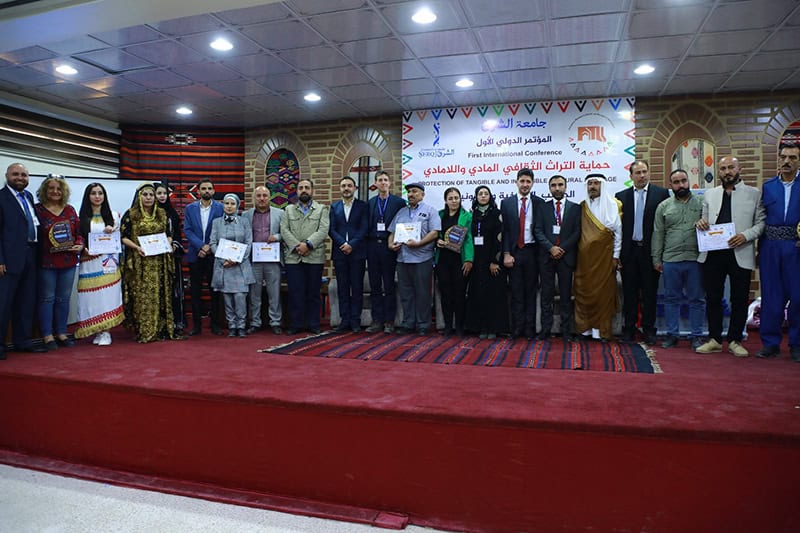
In the project, Return to Tenderness, there was a big focus on developing digital literacy among young Syrians. What role will technology play in this project?
In terms of expenses, it’s less expensive. Second of all, we have trouble acquiring books. When we try to buy books, we can’t, because we are surrounded by powers that don’t permit books to be transported across borders. By digital means, we can get rid of these troubles and directly communicate with people abroad.
How independent is your university in running its curriculum?
It’s completely independent.
What is an average day like at Al-Sharq University?
Students come from all parts of northern Syria. We have some students who studied in Turkey, Kuwait and Saudi Arabia. We have two weekly programmes. One, we call it ‘Notion Monday’, every Monday from 12:30 to 14:30. It’s only for lecturers who give a lecture for a minimum of one hour. The remaining time is dedicated to an open discussion. We talk about philosophy and the social sciences, including how to rebuild our communities and enlighten people.
The second is Tuesday’s activities from 10:30 to 12:30 for students, admins, lecturers, and anyone from outside of the university. Anyone can choose and deliver a topic. Sometimes Kurds and Arabs from outside the university come together to show us the music they play together. We believe that these sessions are working well for us in terms of connecting with society. We believe, as a university, that we need to be very connected to society. We put a lot of emphasis on the social sciences, not the applied sciences because that’s what we urgently need.
Are the classes at the university mostly taught in Arabic?
Yes, but we are open to any other language. Any students, lecturers or admins who ask for another language, for instance Kurdish, French, English, or German, we can accommodate them because we have something called the “Languages Institute”. For example, if an Armenian person asks us ‘Are you willing to help us study Armenian?’, we can do it. But we need a lecturer and four or five Armenian students. But we are happy to start teaching Armenian at our university. Furthermore, if lecturers are interested in Armenia, we can open a faculty for Armenian literature.
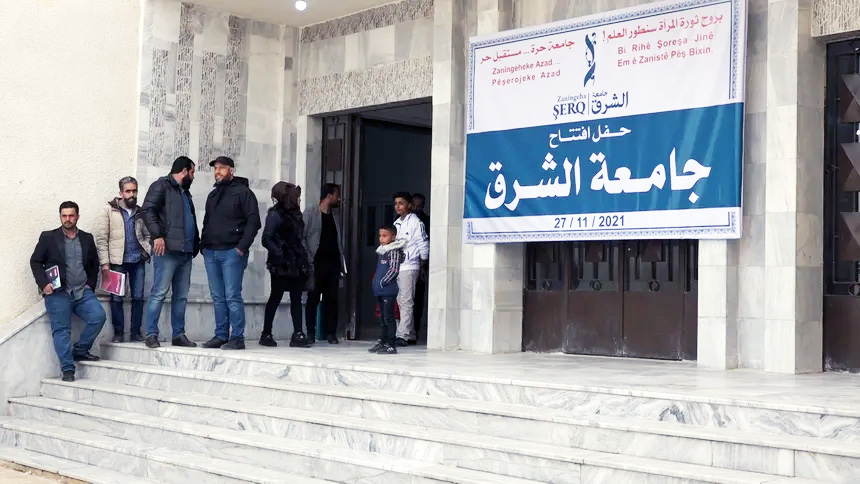
What other subjects is the university offering?
We are focusing more on history, philosophy and literature. We have also opened agricultural engineering and mechatronics courses for two years only. We need to build and change, and I think if we just think about engineering and applied sciences, we won’t achieve anything. We need to focus on the humanities.
Is the introduction of agricultural engineering in response to food poverty or climate change?
During June/July, we ask the people of Raqqa what faculty they would like to open in the following academic year. Most of them wanted agricultural engineering because Raqqa is an agricultural city.
The Euphrates River provides a lot of wealth to the community. However, because of the climate and the Turkish government restricting the water supply, there are a lot of problems. Can you tell us more about that?
We have two dams – one has six turbines, and one has eight. Because we don’t have much water, only three turbines are working together to produce power and electricity for the city. When the water is too restricted, this leads to more insects and bacteria. Sometimes, the water gets poisoned. We did some research and found that we’ve started to lose some types of fish. We are in partnership with the environmental department to breed fish that we’ve already lost. There is one graduate in agricultural engineering who is an expert in fish reproduction. They have started to help us, but we’re still in the process. The Euphrates is a very important tangible heritage to the area, both historically and economically, for tourism. There are many ancient places around the Euphrates.
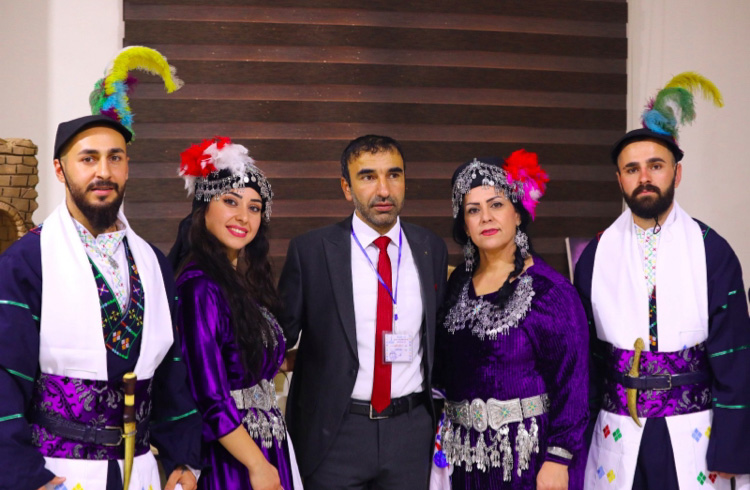
How are young people engaging in climate justice in Raqqa?
We have designed a programme in which students get involved in cleaning the city, researching disappearing plants or insects and cleaning the river.
What other hurdles are there in preserving cultural heritage and reinstating the education system in Syria?
There are too many challenges. That is why we are seeking international cooperation, such as from NGOs. We need to educate people. Some don’t feel that it’s worth keeping the tangible or intangible heritage. Once they put their hands on it, they try to sell it. Even at the governmental level, there is a crisis. We don’t pay too much attention to such things. We mainly focus on shelter and food. We need to move a step forward and protect our culture.
What future do you hope for the community and especially for young people in Raqqa?
We are working on enlightening people – trust yourself, think for yourself, you don’t need mediators; you need to be positive in society. I am always telling them that we can spread democracy and live together. There is no doubt that we can’t do these things. There is nothing that differentiates us from others. All we need is to trust each other and ourselves and build our society. At the time of the conference, we really lived in harmony together for those three days.
Interviewed by: Nesreen Yousfi
Translation by: Ali Matroud
